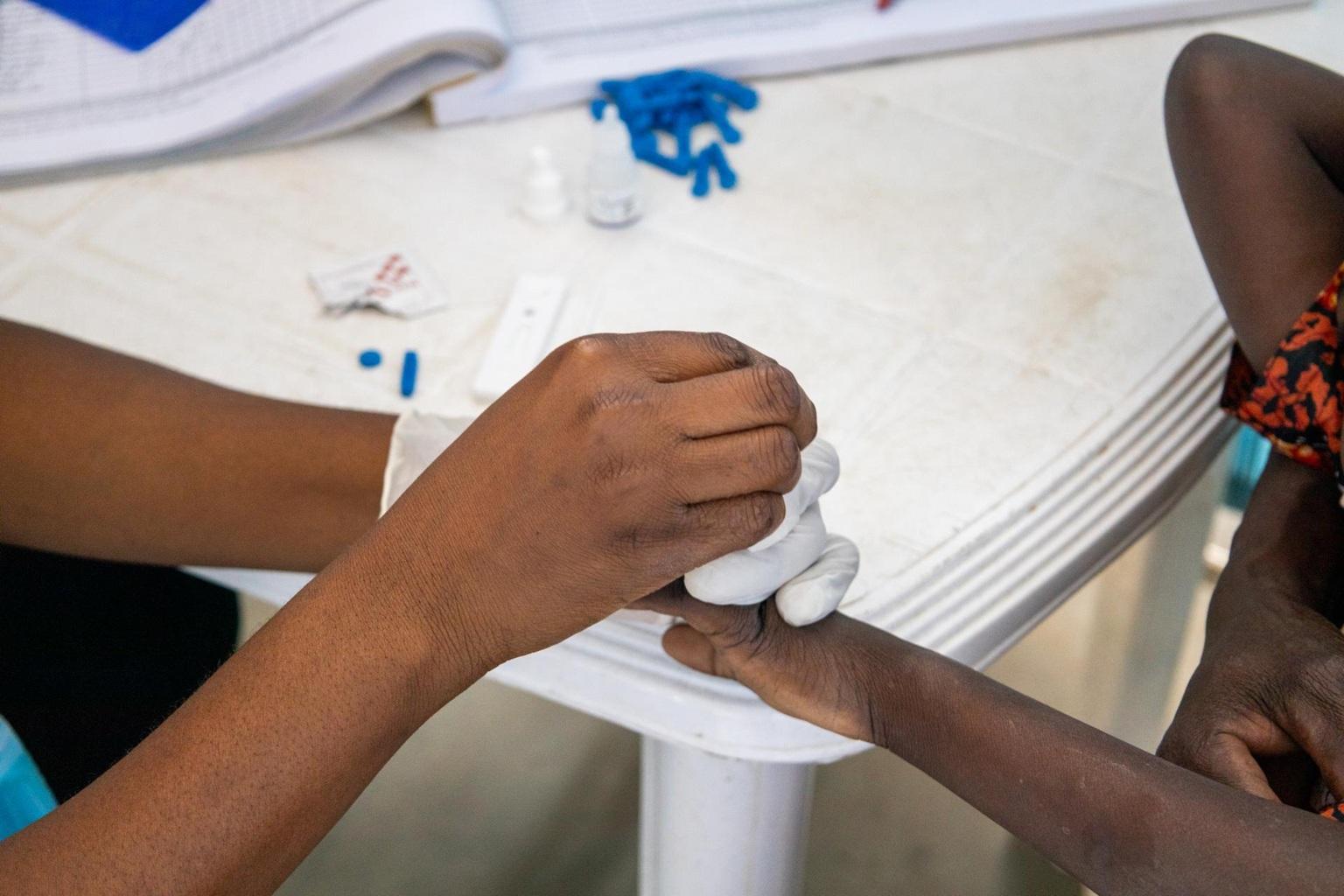Africa-Press – Mozambique. The non-governmental organization (NGO) N’weti is providing a total of €3 million for support mechanisms for people living with HIV/Aids in Gaza province, southern Mozambique, a source from the organization announced this Monday.
“The €3 million are to increase the capacity of district services to reach people living with HIV and offer testing services,” N’weti HIV project coordinator Abilito Pintainho told the media.
According to the representative, the funding to be implemented in Mapai, Chicualacuala, and Chigubo, districts in the north of Gaza province, will cover the logistical costs of mobile brigades that travel to the locations, among other expenses.
“This €3 million allocation also includes economic strengthening activities. For example, the project supports local people who want to develop some kind of economic strengthening activity, with some starter kits,” Pintainho explained.
According to Pintainho, the funding also supports testing, treatment, and awareness campaigns about the disease, as well as the purchase of hospital equipment and technical training for health workers.
Mozambique has the third highest number of HIV-infected people and the second highest number of new AIDS infections in the world, with adolescent girls and young women being the worst affected, according to a report released in May in Parliament.
“Mozambique ranks third in the number of people living with HIV in the world and second in the number of new infections,” reads the annual report of the Parliamentary Office for HIV Prevention and Control, presented at the 1st Ordinary Session of the Assembly of the Republic in Maputo.
According to the document, Mozambique has an estimated 2.3 to 2.6 million people living with HIV, including 125,000 to 170,000 children. The prevalence of the disease is 12.5% among people over 15, “higher among women (15%) than men (9.5%) in the same age group”.
Among the most vulnerable groups affected by the disease in the country are “adolescent girls and young women aged 15-24”, with approximately 23,000 new infections recorded in 2023, a rate about three times higher than the number of new infections among boys and young women of the same age, the report further explains.
“Women face a disproportionate burden of HIV throughout the life cycle, with the disparity even more pronounced among young women aged 20-24, whose HIV prevalence is 3.1 times higher than that of their male counterparts (11.8% versus 3.8%),” the report adds.
Groups vulnerable to the virus in the country include, among others, mobile and migrant workers (including mine workers, with a 22.3% prevalence, and long-distance truck drivers, with a 15.4% prevalence).
For More News And Analysis About Mozambique Follow Africa-Press






